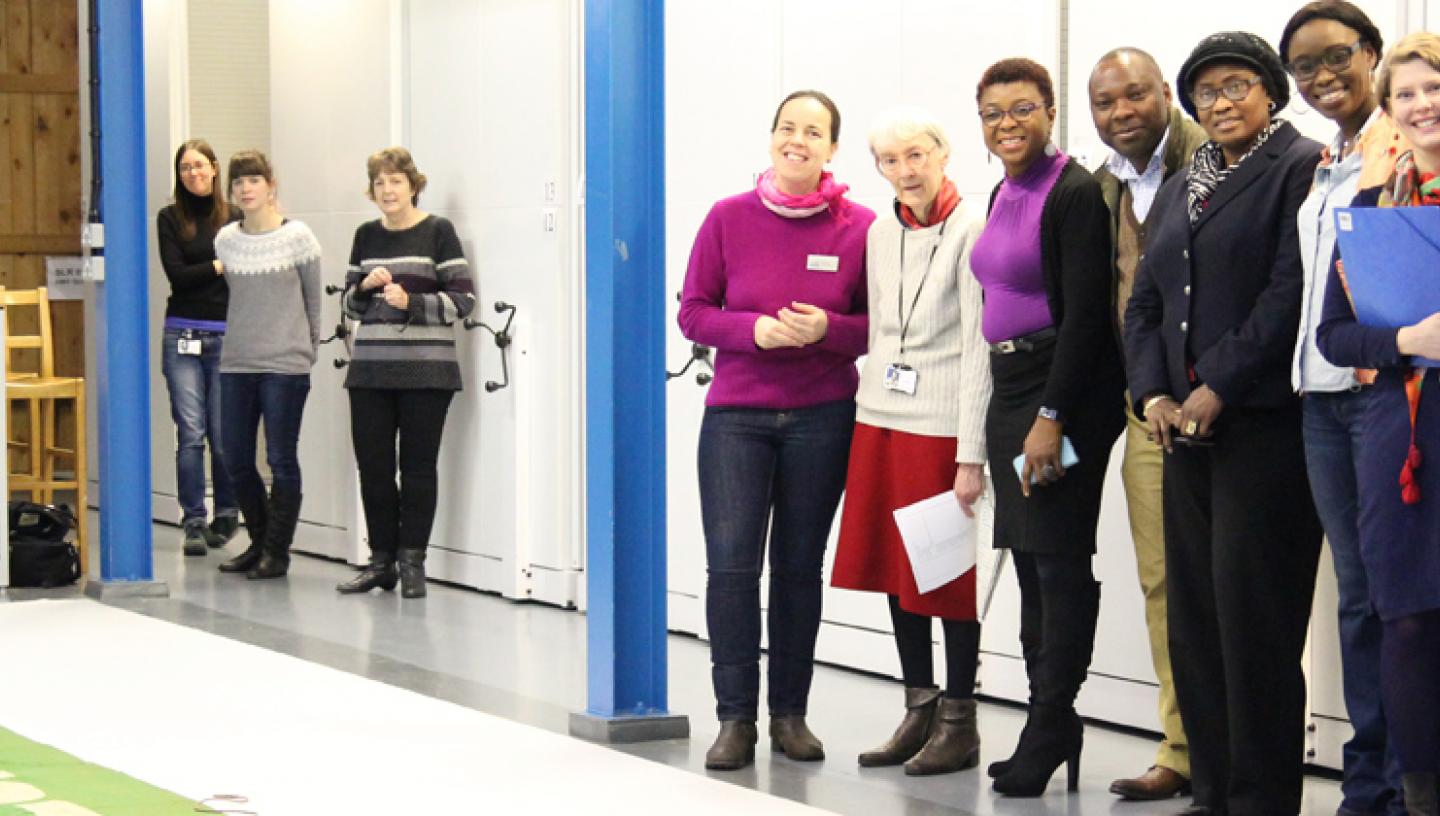
27 Sep 2016
The National Maritime Museum and the Itsekiri Kingdom in Nigeria have a century-long, shared history. Working with members of the Itsekiri community, PhD student Julian Binter gives new meaning to our collection.
This shared history dates back to 1894 when the Royal Navy fought a colonial war against Nanna Olomu, a wealthy merchant and political representative of the Itsekiri.
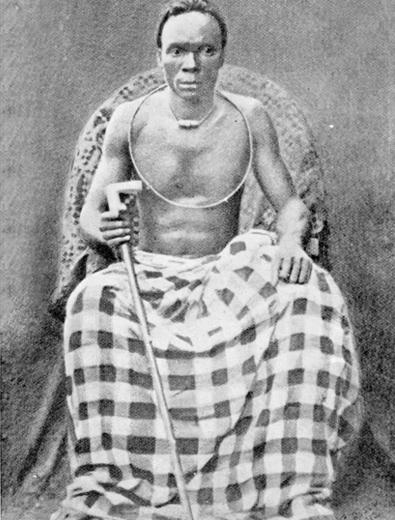
After Nanna’s defeat, the Royal Navy sold most of his possessions, but several navy personnel took parts of Nanna’s belongings with them to the UK and later gifted them to the National Maritime Museum. In 2013, the National Maritime Museum in collaboration with Julia Binter, a CDP student at the University of Oxford, started to investigate into the history of the Nanna Olomu collection for the first time. In the spirit of sharing the collection, they reached out to the Itsekiri community in London and invited them to engage with their cultural heritage at the museum in Greenwich. The visit of a delegation of the diaspora organisation “Ugbajo Itsekiri UK” in November 2014 marked the beginning of an exchange of ideas and knowledge between the National Maritime Museum and the Itsekiri community in London that continues to this day.
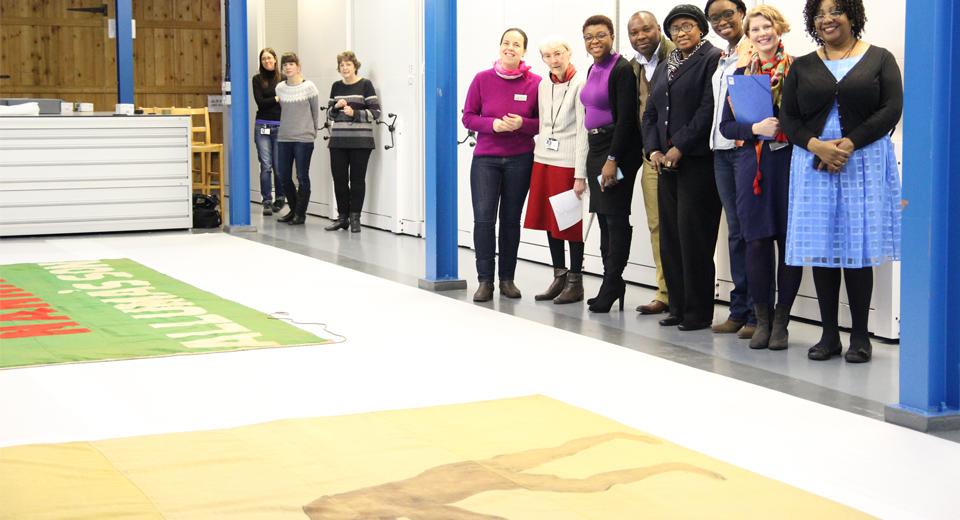
“The Nanna Olomu Centenary at the National Maritime Museum” gives an insight into this ongoing collaboration. It takes the occasion of Nanna Olomu’s passing 100 years ago to showcase the Itsekiri side of the shared history between the Itsekiri Kingdom and Great Britain. A short film about the ongoing investigation into Nanna Olomu’s life and his engagement with the British gives the opportunity to listen to Itsekiri historians and members of the Nanna family and see footage of important Itsekiri heritage sites in Nigeria.
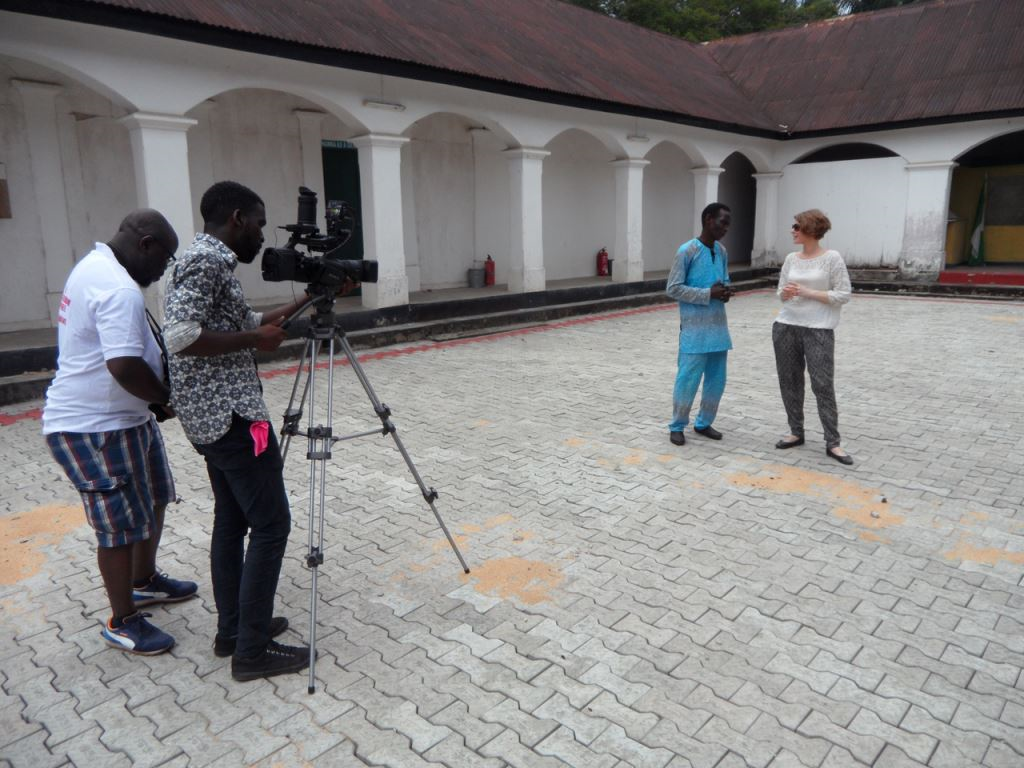
Live music and dance performances celebrate Itsekiri cultural heritage how it is lived in London and Nigeria today.
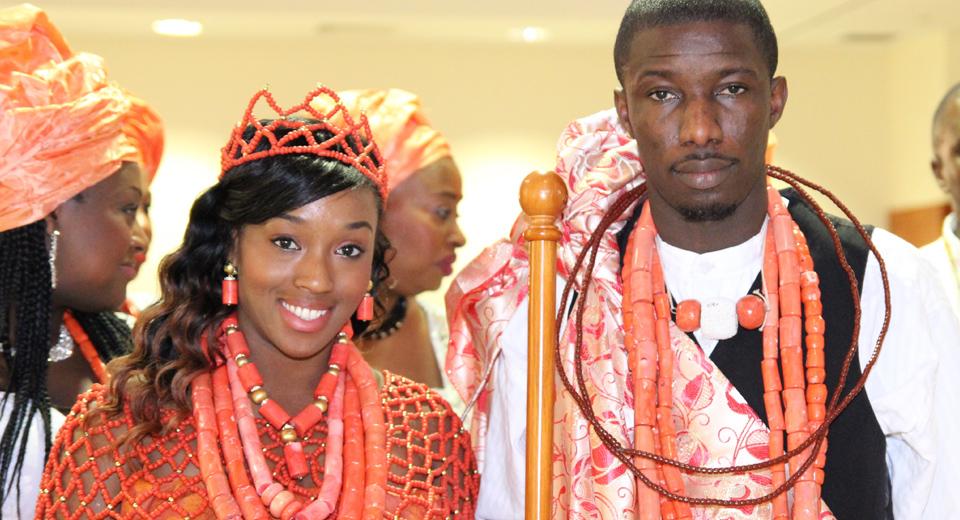
Watch the film at our free Black History Month event
Find out more about Ugbajo Itsekiri UK